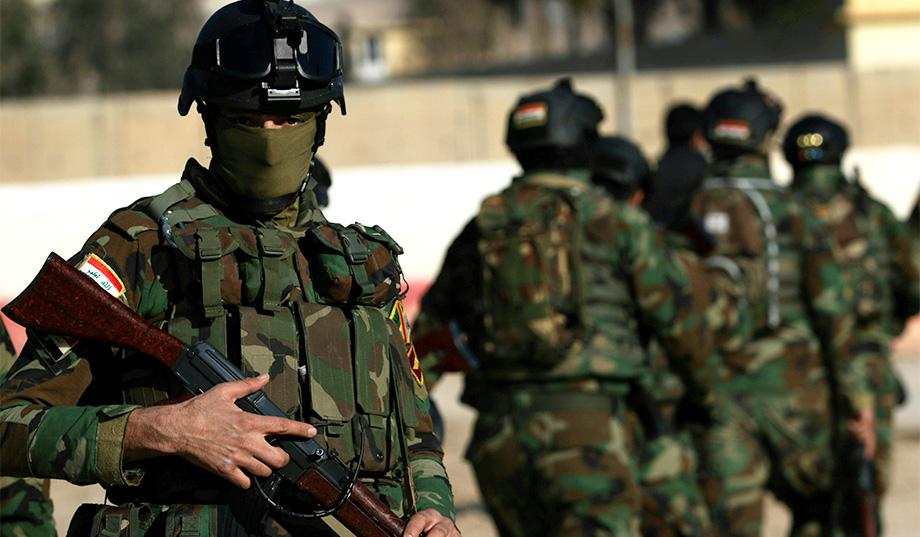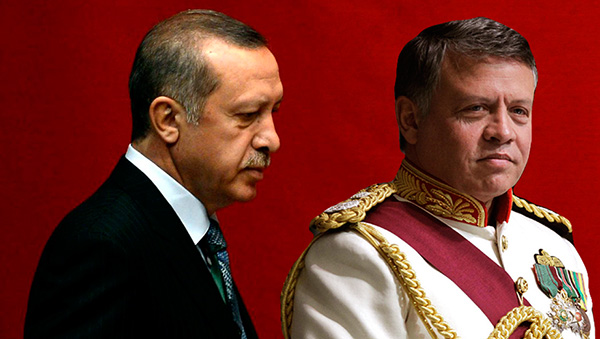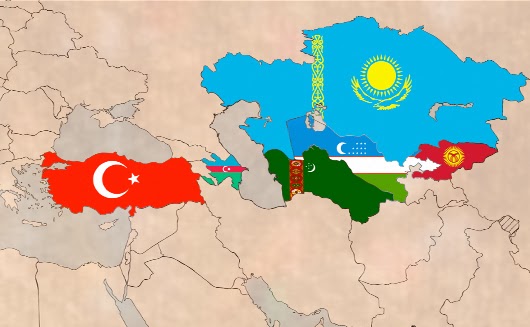The change in tone of President Erdogan against the Islamic state convinces little. Many believe it is a simple maneuver to attack Kurdish fighters without irritating Washington. Since Turkey has said it will step up its efforts in the fight against the Islamic state (EI, Daesh), some involve the sincerity of this commitment very late. To these skeptics, the anti-rhetoric Daesh Ankara is either the pretext for a frontal offensive against the Kurds in Turkey and Syria, a forced concession to the Americans, the Turks will translate into practice only when their will own interests.
Several reasons prompt, in fact, to doubt the Turkish turnaround face the jihadists, even if they have effectively become an undeniable and immediate threat for Turkey as well. The threat is obvious and the other side of the Syrian border, where the fight against EI has strengthened the position of the Kurds in Syria (which badly kurdophobe largely consistent with the logic that still dominates in Ankara), but also on domestic scene, because the vast support network woven by EI in Turkey itself might one day or another turn against a State which has long preferred to ignore this Trojan.
In military terms, it will not take long before we can accurately measure the role that the Turkish Air Force agrees to play in joint strikes of the coalition against jihadist targets in Syria. But even more than economic or diplomatic actions, experts agree that it is the force of attraction EI thousands of radicalized youth around the world that must be fought, and in s ‘addressing its ideological foundations.
But Muslims are best placed to rise against the twisted interpretation of Islam that promote hundreds of jihadist websites. It is with satisfaction that I learned that the Presidency of Religious Affairs (Diyanet), Turkish news agency, planchait on a long study denouncing the wrongs done Daesh to Islam and Muslims by perverting and exploiting the feeling religious.
Fighting against a twisted interpretation of Islam
Mehmet Görmez, head of the Diyanet, has clearly summarized the findings: “It would be an insult to Islam to assert that these terrorist acts stem from an interpretation of Islam.” Diyanet is considered the voice of the Turkish state in religious matters, EI should not be able to count on much sympathy from Turkey Sunnis. The Presidency of Religious Affairs intends to actively promote its anti-Daesh message in mosques and other religious institutions. He welcomed this working Diyanet. However, I have three comments to make to increase the effect of such a study.
1. It is not enough to preach in mosques. The fight against jihadism must also go through creating sophisticated and attractive digital tools that speak to many young Turks seduced by the sirens of Daesh.
2. While most former jihadists testimonies show the presence, under the banner of Daesh, deeply faithful combatants, that is for other reasons that the number of young people joining the appeal and the thrill of adventure, economic or disappointment necessities prompted by the failure of other forces, more moderate, fighting Bashar Assad. We must therefore convince them to turn their backs on the IE and Turkey must also invest in these efforts there.
3. The Turkish justice has to convince the world that Ankara takes seriously its fight against Daesh responding immediately and vigorously each time he is accused of releasing jihadist too quickly and to drop the charges. The same applies to local authorities and national security forces, accused of condoning Daech fighters crossing the Turkish-Syrian border – the Republican People’s Party (CHP, in opposition) still recently published a report detailing such practices.
In Turkey and abroad, many will not grant credit to the rhetoric of AKP on Daesh when concrete changes will be visible on the ground. And widespread skepticism is far from unfounded.







